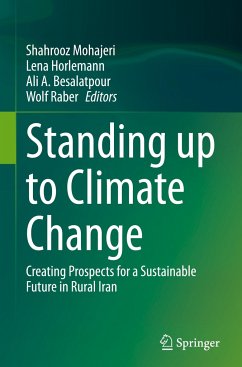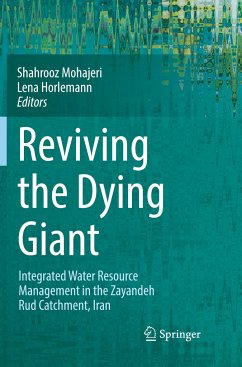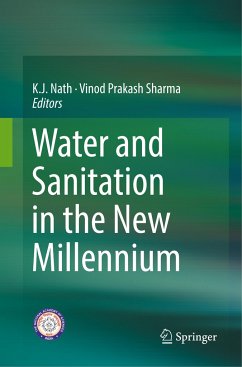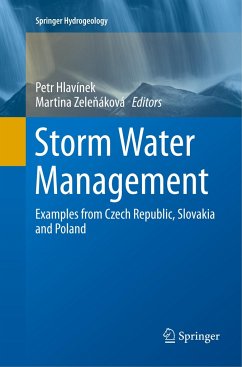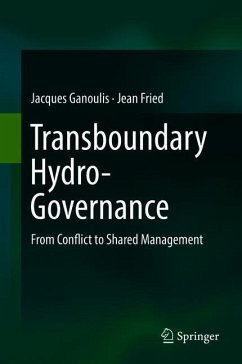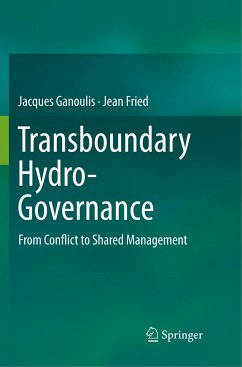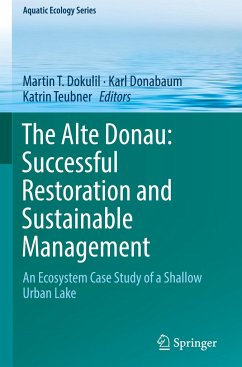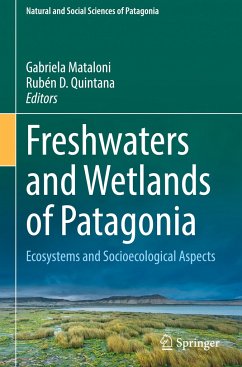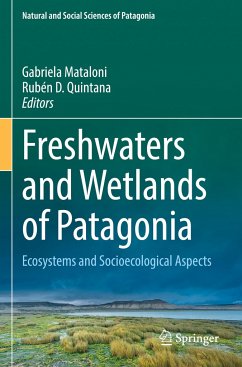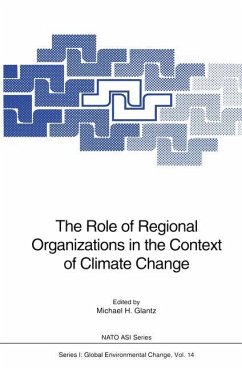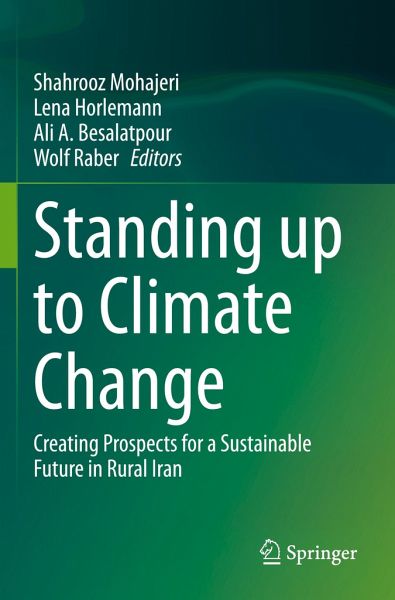
Standing up to Climate Change
Creating Prospects for a Sustainable Future in Rural Iran
Herausgegeben: Mohajeri, Shahrooz; Horlemann, Lena; Besalatpour, Ali A.; Raber, Wolf
Versandkostenfrei!
Versandfertig in 6-10 Tagen
76,99 €
inkl. MwSt.

PAYBACK Punkte
38 °P sammeln!
In Iran, climate change combined with low adaptation capacity has an unparalleled impact on eco-systems as well as human livelihoods. The Roodasht region, in the lower part of the Zayandeh Rud basin in Central Iran, is severely affected by water scarcity, desertification and land degradation. This book describes the effects this has on the environment and society, analyzes the degree of vulnerability and suggests possible ways to improve land and water management.This book provides comprehensive and interdisciplinary insights into the environmental and social situation in the region, as well a...
In Iran, climate change combined with low adaptation capacity has an unparalleled impact on eco-systems as well as human livelihoods. The Roodasht region, in the lower part of the Zayandeh Rud basin in Central Iran, is severely affected by water scarcity, desertification and land degradation. This book describes the effects this has on the environment and society, analyzes the degree of vulnerability and suggests possible ways to improve land and water management.
This book provides comprehensive and interdisciplinary insights into the environmental and social situation in the region, as well as possible solutions to deal with the current challenges. Written by German and Iranian scientists, NGO staff and government officials and bridging the gap between research and practical implementation, the book not only enhances our understanding of climate change and desertification, but also raises public awareness and promotes knowledge transfer between disciplines.
This book provides comprehensive and interdisciplinary insights into the environmental and social situation in the region, as well as possible solutions to deal with the current challenges. Written by German and Iranian scientists, NGO staff and government officials and bridging the gap between research and practical implementation, the book not only enhances our understanding of climate change and desertification, but also raises public awareness and promotes knowledge transfer between disciplines.



